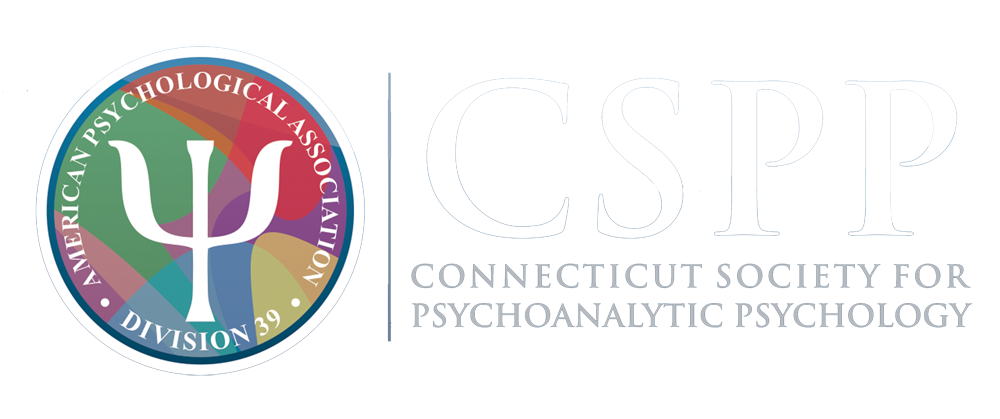Making room in one's mind for a child: How brain and mind change with parenthood.
Linda Mayes, MD

Becoming a parent marks a unique developmental period in adulthood. In this presentation we review the emerging neuroscience work that has begun to examine how the brain and mind change in becoming a parent. Significant neurobiological and psychological changes occur in the parent that support sensitive adaptive caretaking. Further, the emerging relationship with the child shapes the parents’ changing neurobiology and psychology. In turn, these neurobiological changes predict important individual differences in how parents respond to their infant. A number of conditions including substance abuse, depression and histories of early life adversities impact these shifting neurobiological changes in parents and their responses to their infant. This work has special implications for work with at-risk families and for how we think about interventions with parents and their children.
Linda Mayes, M.D. is the Arnold Gesell Professor at the Yale Child Study Center and Special Advisor to the Dean of the Yale School of Medicine where she heads a behavioral and social neuroscience research laboratory. Her research has focused on neurocognitive and emotional regulatory capacities in infants, children, and adolescents exposed to biological toxins during pregnancy, early environmental adversity in terms of chronic early stress or parental psychopathology, and attachment problems and their relationship to neurological processes. Formally trained as a psychoanalyst, pediatrician and neonatologist, her work brings together perspectives from child development, behavioral neuroscience, psychophysiology and neurobiology, developmental psychopathology, and neurobehavioral teratology. She has been honored with numerous research and teaching awards.
Learning objectives
At the conclusion of the conference, participants will be able to:
1. Explain parenting as an adult developmental stage with neural as well as psychological changes.
2. Analyze clinical neuroscience methods for studying parenting attachment and changes in neural circuitry with transition to parenthood.
3. Describe how individual differences in neural and psychological changes with adult transition to parenthood impact parental behavior and also how adult
psychopathology impacts this adult developmental transition.
Conference Schedule
10:00 - 10:30 Registration and Continental Breakfast
10:30 – 12:30 Presentation
Suggested Reading
Rutherford, H.J.V. & Mayes, L. (2014) Minds shaped through relationships: the emerging neurobiology of parenting.
Participants
The conference is appropriate for professionals interested in the practice of psychoanalysis and psychoanalytic psychotherapy. The instructional level of this conference is intermediate.
Continuing Education
This conference has been approved for for 2 continuing education hours (NASW & Div. 39)
Division 39 is committed to accessibility and non-discrimination in its continuing education activities. Participants are asked to be aware of needs for privacy and confidentiality throughout the program. If program content becomes stressful, participants are encouraged to process these feelings during discussion periods. If participants have special needs, we will attempt to accommodate them.
Please address questions, concerns and any complaints to Ellen Nasper, Ph.D., at enasper@aol.com.
ONLINE REGISTRATION IS NOW CLOSED. ON-SITE REGISTRATION STILL AVAILABLE
